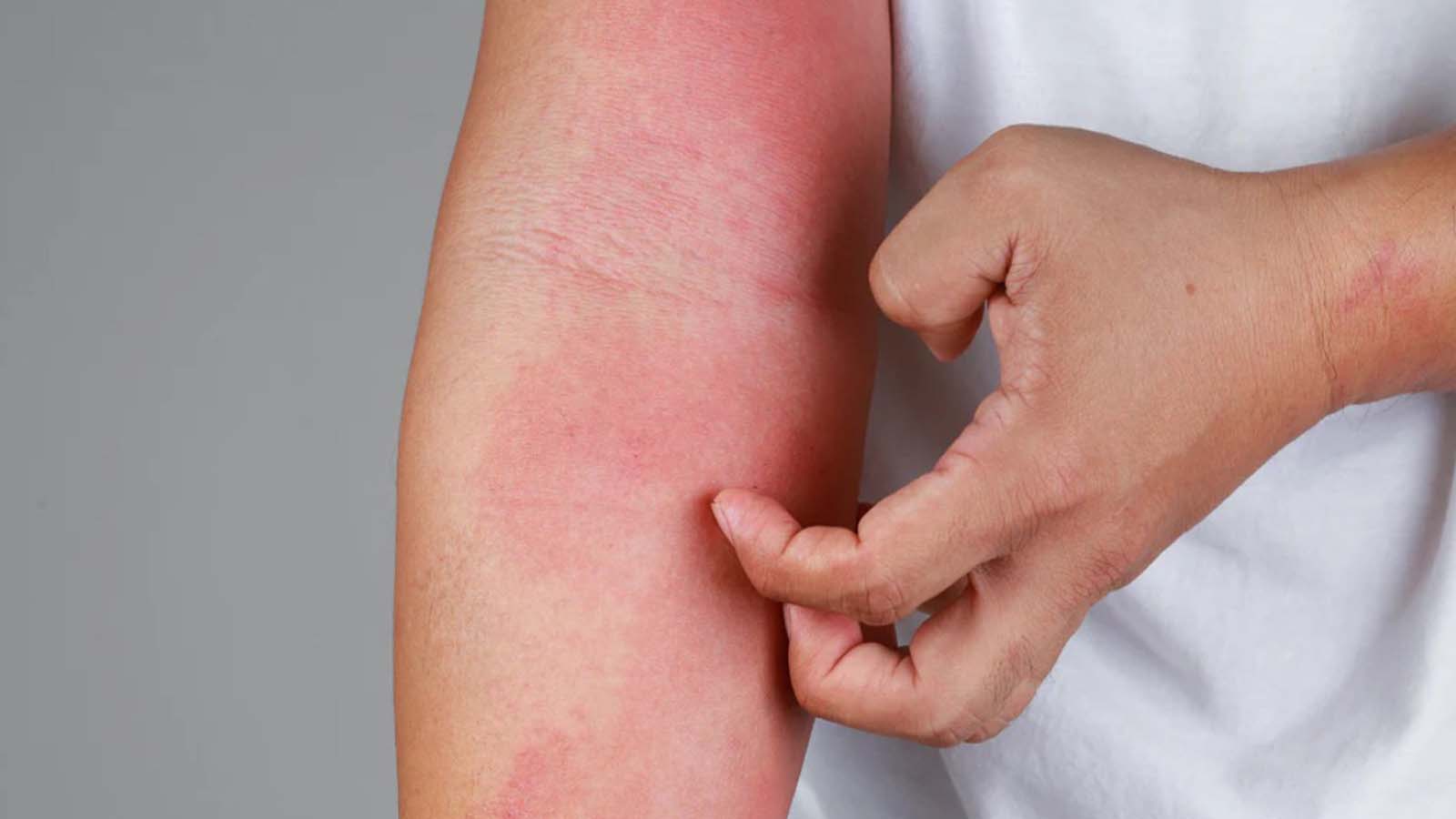
Skin redness is a common concern that affects people of all ages and skin types. Sometimes, it is a temporary symptom caused by minor irritants or sun exposure, while in other cases, it may indicate more complex skin conditions such as rosacea or chronic inflammation.
In this article, we’ll take you through a comprehensive journey to understand the causes of skin redness, its types, and how to reduce it through proper skincare routines and medical treatments. We'll also highlight the importance of relying on specialized dermatological brands like mesoestetic, known for providing safe and effective skin solutions.
What Is Skin Redness?
Skin redness is a type of irritation that usually appears on the face, causing an uneven tone or a pink to red color. It may be accompanied by itching, burning, dryness, or flaking. The proper diagnosis and treatment depend largely on the underlying cause.
Common Causes of Skin Redness
1. Sensitive Skin
Sensitive skin is more likely to turn red due to a weakened skin barrier and a strong reaction to minor irritants.
2. Sun Exposure
Prolonged exposure to UV rays without proper sun protection can cause redness and inflammation of the skin’s surface layers.
3. Rosacea
A chronic skin condition that causes persistent redness, especially around the cheeks, nose, and chin, often with visible blood vessels.
4. Allergic Reactions
Triggered by the use of skincare or cosmetic products containing fragrances, alcohol, or other harsh ingredients.
5. Weather Changes
Sudden shifts in temperature or exposure to cold winds may dilate blood vessels and increase facial redness.
6. Harsh Peeling or Cosmetic Procedures
Strong exfoliants or chemical peels done without professional supervision can severely irritate the skin.
7. Stress or Physical Exertion
Both lead to blood vessel dilation and increased skin temperature, making redness more noticeable—especially on the face.
When Is Redness a Medical Concern?
Not all skin redness is harmless. Sometimes, it’s a sign of an underlying medical issue. You should consult a dermatologist if:
-
Redness persists for a long time without improvement.
-
It is accompanied by severe itching, burning, or discomfort.
-
Blisters or open sores develop.
-
Redness spreads or becomes more intense over time.
Types of Skin Redness
-
Temporary redness: Caused by mild irritation or allergic reactions.
-
Chronic redness: Often related to rosacea or inflammatory skin disorders.
-
Widespread redness: Covers large areas of the face or body.
-
Localized redness: Limited to specific zones like the cheeks or nose.
Daily Skincare Tips for Redness-Prone Skin
Sensitive or redness-prone skin requires a gentle and consistent care routine aimed at soothing, protecting, and strengthening the skin barrier:
1. Use a Gentle Cleanser
Avoid harsh ingredients like sulfates and fragrances. Opt for calming, alcohol-free formulations.
2. Daily Moisturization
A light, hydrating cream helps rebuild the skin barrier and minimize irritation.
3. Avoid Hot Water
Hot water can dilate blood vessels and worsen redness. Use lukewarm water instead.
4. Apply Sunscreen Daily
Choose a broad-spectrum SPF 50 sunscreen to protect against UV damage, even on cloudy days.
5. Minimize Exfoliation
Avoid physical scrubs and strong acids unless approved by a professional.
Medical Treatments for Skin Redness
For more advanced or chronic cases of redness, a dermatologist may recommend one of the following:
1. Anti-inflammatory Creams
Topical treatments with niacinamide or mild corticosteroids (for short-term use) can calm inflammation.
2. Rosacea Medications
Metronidazole or azelaic acid are commonly used to reduce redness and inflammation in rosacea patients.
3. Laser Treatments
Target dilated blood vessels and reduce overall redness effectively over several sessions.
4. Professional Therapies
Procedures like IPL (intense pulsed light) or radiofrequency can help improve redness with minimal downtime.
Why Choose Specialized Skincare Brands?
Treating redness, especially in chronic or sensitive cases, requires trust in the skincare products used. That’s why choosing professional-grade formulations from reputable brands like mesoestetic is essential.
mesoestetic, a global leader in advanced skincare and aesthetic medicine, is renowned for its scientifically backed, dermatologist-approved products. Their range includes gentle yet powerful treatments for sensitive, irritated, or redness-prone skin, making them a go-to choice for skin experts worldwide.
Complementary Natural Remedies
Some natural remedies can soothe mild redness, though they should never replace medical treatment:
-
Chamomile or Green Tea Compresses: Naturally anti-inflammatory and soothing when applied cold to the skin.
-
Aloe Vera Gel: Pure aloe soothes irritation and supports skin regeneration.
-
Rosehip or Sweet Almond Oil: Light oils rich in essential fatty acids that nourish and help restore the skin’s balance.
Note: Do not use home remedies in cases of severe redness or known skin conditions without consulting a doctor.
Lifestyle and Its Effect on Redness
Lifestyle choices significantly impact the frequency and severity of redness:
-
Anti-inflammatory Diet: Leafy greens, omega-3-rich fish, and green tea can calm the skin from within.
-
Avoiding Triggers: Reduce alcohol, excessive caffeine, and spicy foods that may dilate facial vessels.
-
Managing Stress: Stress increases inflammation and skin sensitivity.
-
Quality Sleep: Restful sleep allows the body to repair skin tissues and minimize irritati
Final Thoughts
Skin redness is more than a cosmetic issue—it’s often the skin’s way of signaling irritation or imbalance. Understanding the root cause and establishing a gentle, targeted routine is the key to healing and regaining a healthy glow.
Combining a daily skincare regimen, lifestyle changes, and proper medical advice offers the best outcomes. And for safe, effective support, choosing trusted brands like mesoestetic ensures your skin gets the care it truly needs.